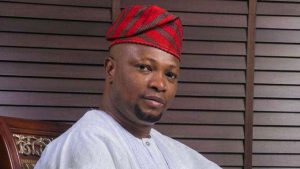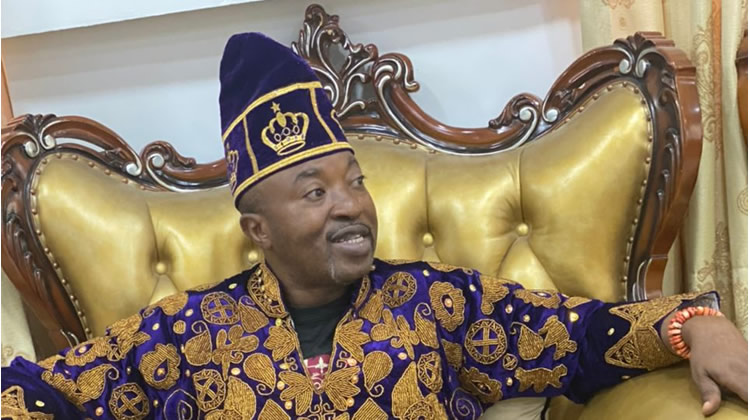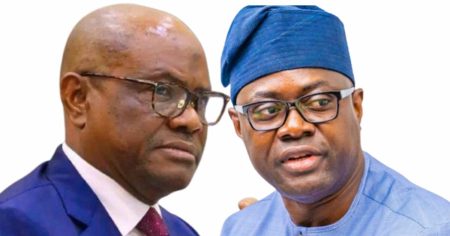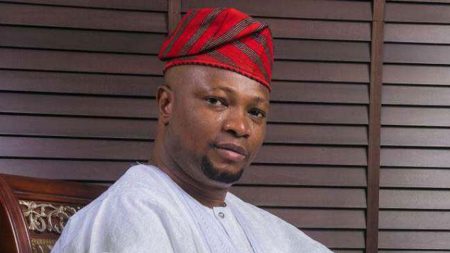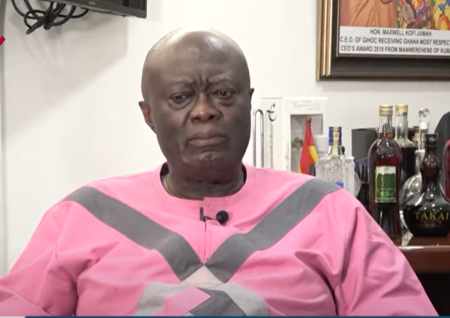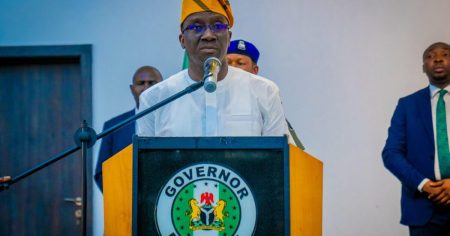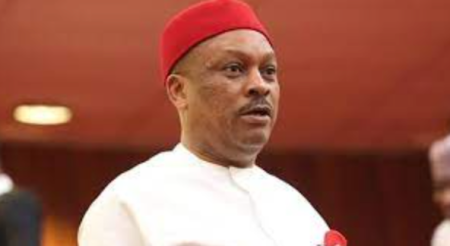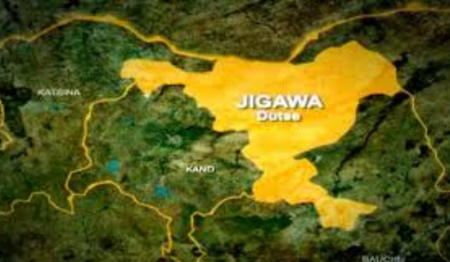A Clash of Perspectives on Traditional Burial Rites in Ogun State, Nigeria
A recent controversy has erupted in Ogun State, Nigeria, concerning the burial rites of traditional rulers. The spark was ignited by comments made by Justice Phillips Akinside of the state Customary Court of Appeal during a memorial lecture. Justice Akinside asserted that traditional rulers, upon ascending the throne, forfeit their personal rights regarding burial and must adhere to established customs and traditions. He referenced the 2021 Obas and Chiefs Law of Ogun State, which, while acknowledging a ruler’s right to a customary burial, also prohibits mutilation and cannibalization. Justice Akinside’s remarks quickly drew criticism, particularly from the Oluwo of Iwo, Oba Abdulrosheed Akanbi, who characterized the judge’s interpretation as "sacrilegious" and a distortion of Yoruba culture.
The Ogun State Government swiftly responded to the unfolding debate, clarifying that Justice Akinside’s statements represented his personal views, not a judicial pronouncement. The government emphasized the 2021 Obas and Chiefs Law, specifically highlighting sections that outline the process for determining and registering customary burial rites. This process involves the relevant Traditional Council making a declaration about customary law and burial practices, which must then be registered with the Commissioner. The government stressed that while respecting tradition, customs cannot supersede the law, which explicitly prohibits practices such as mutilation, cannibalism, and human sacrifice. The law also criminalizes the use of human parts in burial rites or installations. The government’s statement sought to reassure the public of its commitment to upholding the rule of law and fostering lawful cultural practices within the state.
The Oluwo of Iwo, Oba Akanbi, strongly condemned Justice Akinside’s interpretation of Yoruba tradition. He argued that culture should be distinct from religion and occultism, rejecting the notion that traditional rulers are obligated to participate in deity worship or secret societies. Oba Akanbi affirmed the constitutional right of traditional rulers to practice their chosen religion without coercion. He denounced practices such as mutilating corpses and mandatory membership in secret societies as archaic and irrelevant to modern kingship in Nigeria. The Oluwo emphasized that the traditional institution is not subordinate to the judiciary and vowed to resist any attempts to impose occultic practices on Yoruba monarchs.
Oba Akanbi further challenged the judge’s understanding of culture, asserting that it encompasses more than just religious practices. He viewed the judge’s remarks as an attempt to mislead the Yoruba people, who, according to the Oluwo, have already liberated themselves from such traditional constraints. He questioned the justification of these practices, linking them to ritual killings of innocent children in Yorubaland. He called for a separation between familial practices and broader cultural traditions, arguing that Justice Akinside’s opinion was just that – a personal opinion, not a legal imperative.
The heart of the disagreement lies in the interpretation and application of the 2021 Obas and Chiefs Law. While Justice Akinside emphasized the aspect of the law that mandates adherence to custom and tradition, the Ogun State government and the Oluwo of Iwo highlighted the sections that safeguard against harmful and illegal practices. The government emphasized the importance of the Traditional Council’s role in defining customary rites within the bounds of the law, while the Oluwo rejected the notion that these rites should include elements of occultism or restrict a ruler’s religious freedom.
This controversy underscores the tension between respecting cultural heritage and upholding modern legal principles in a rapidly evolving society. The debate raises critical questions about the balance between tradition and individual rights, and the role of law in regulating cultural practices. The incident also highlights the power of individual interpretations in shaping public discourse and the importance of official clarification to prevent misinformation and maintain social harmony. It emphasizes the ongoing dialogue between customary law and modern legal frameworks, especially in matters concerning traditional institutions.




